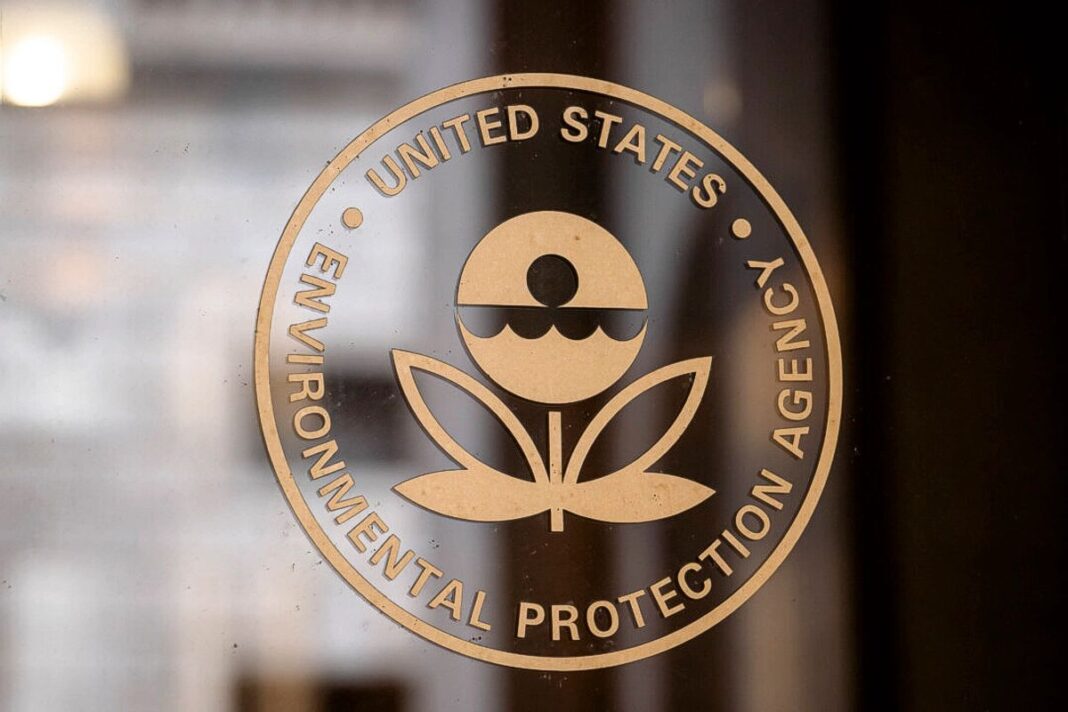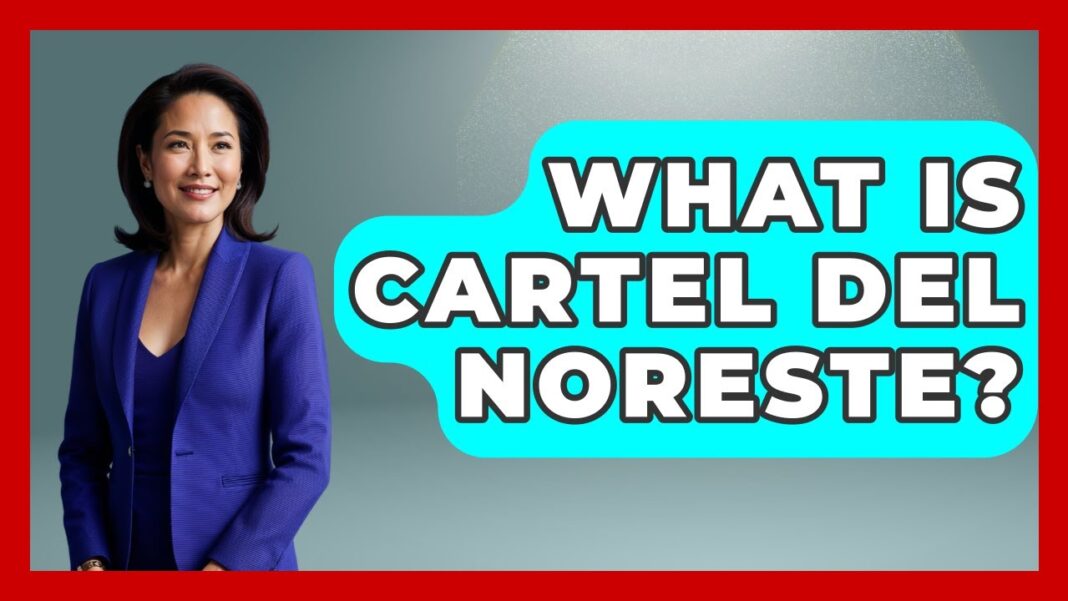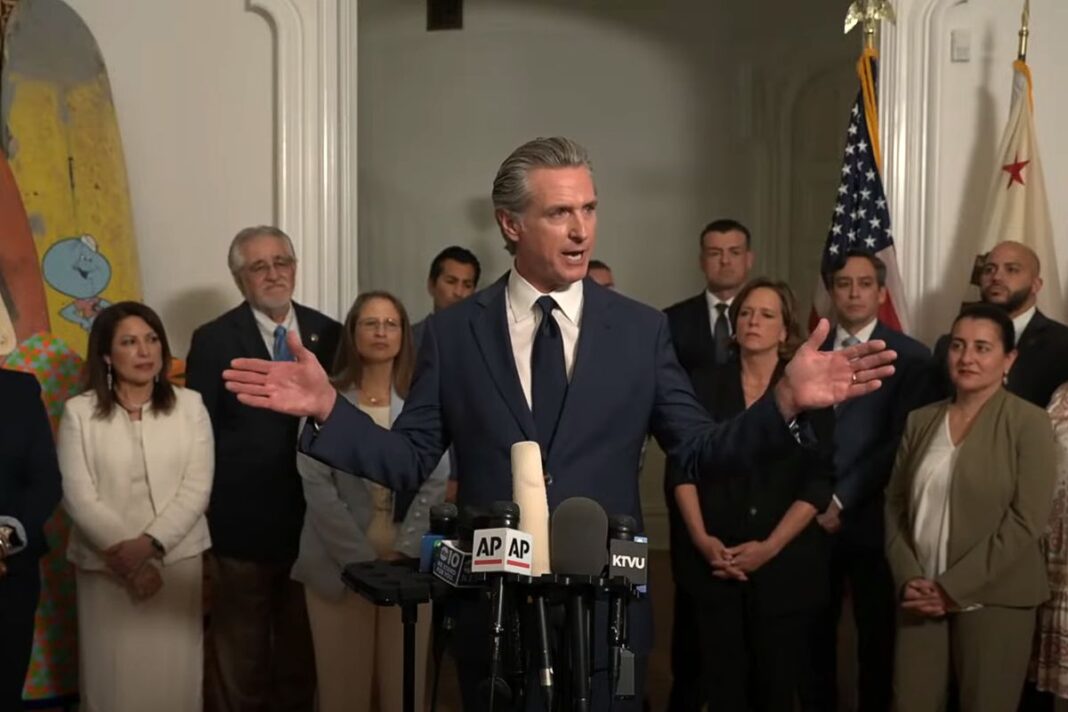An expert believes that removing mandates and incentives will drive broader EV adoption in the United States.
A recent proposal by the Environmental Protection Agency (EPA) could be a shot in the arm for traditional automakers, who have been heavily impacted by climate regulations and tariffs. At the same time, it could push electric vehicle (EV) makers to compete on product, price, and experience rather than policy, potentially benefiting both sides, according to some experts.
On July 29, the EPA released a proposal to rescind the 2009 Endangerment Finding, which regulates greenhouse gas emissions from vehicles and trucks and provides the legal foundation (stemming from a U.S. Supreme Court decision in 2009) for many climate-related regulations.
The EPA stated that climate regulations have created significant uncertainty and imposed substantial costs on the traditional manufacturing industry, limiting affordable car options for American consumers.
“With this proposal, the Trump EPA is proposing to end 16 years of uncertainty for automakers and American consumers,” EPA Administrator Lee Zeldin said during a presentation at an auto dealership in Indiana.
Greenhouse gas regulations established standards for light-, medium-, and heavy-duty vehicles, as well as heavy-duty engines. The EPA introduced its first greenhouse gas regulation in 2010 for light-duty vehicles, followed by standards for medium-duty cars and heavy-duty vehicles and engines in 2011. These rules included off-cycle credits, such as the commonly criticized start-stop feature found in most new vehicles.
Coming on top of previous climate regulations, and supplemented by additional rules during the Biden era, greenhouse gas regulations imposed an enormous cost on traditional carmakers. They tilted the competitive field in favor of EV-makers, who received a host of government subsidies, adding to hidden taxes for American taxpayers.
The EPA’s proposal promises to change this situation.
“If finalized, rescinding the Endangerment Finding and resulting regulations would end $1 trillion or more in hidden taxes on American businesses and families,” Zeldin said.








